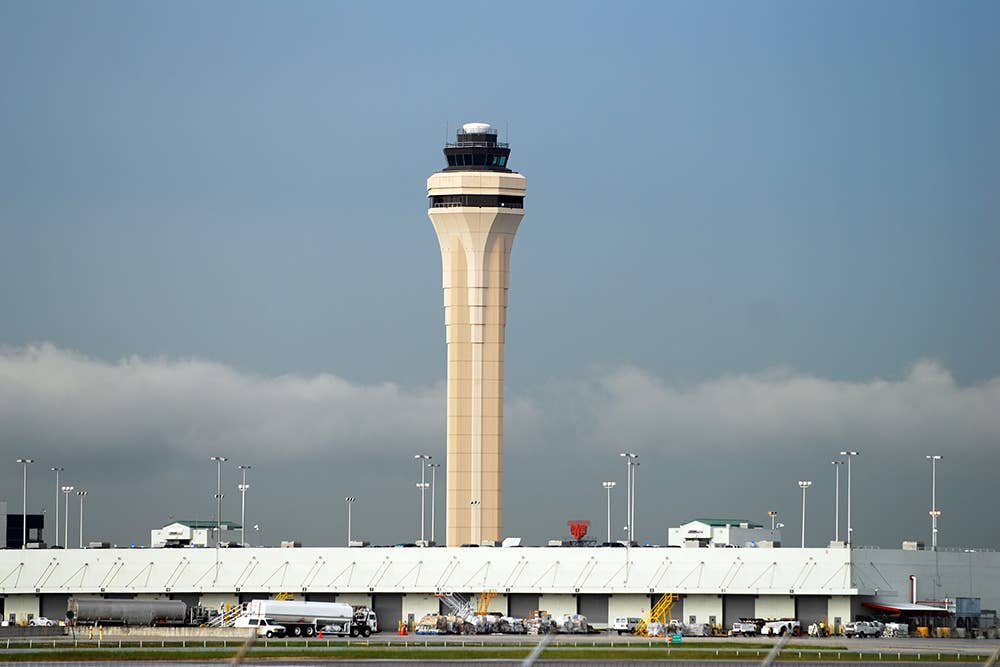Orlando International Airport Seeks Vertiport for Electric Aircraft
Greater Orlando Aviation Authority targets 2028 to launch an operational vertiport for all kinds of advanced air mobility (AAM) aircraft.

Orlando International Airport (KMCO) could be the site of a fully operational vertiport by 2028. [Courtesy: Orlando International Airport]
Updated Feb. 25 at 1:35 p.m. EST to include details shared by the Greater Orlando Aviation Authority (GOAA).
Orlando International Airport (KMCO) may soon look for collaborators to develop a vertiport for electric and other advanced air mobility (AAM) aircraft.
According to the Florida airport, an item on the agenda of last week’s Greater Orlando Aviation Authority (GOAA) board meeting covered the intent to file an invitation to negotiate (ITN)—in other words, a request for partners to build and operate the vertiport.
The ITN is expected to come in March, with hopes of getting the site operational by 2028—in line with an FAA blueprint to integrate AAM aircraft at scale. GOAA, which oversees all public airports in Orange County, Florida, including KMCO, told FLYING the ITN will allow it to gather more information on the program, including estimated costs.
“Developing a vertiport at Orlando International Airport is a key step in advancing our mission to be the global leader in the evolution of mobility,” said Kevin Thibault, CEO of GOAA, in a news release. “This project directly supports our vision to drive innovation and position Central Florida and the state at the forefront of AAM.”
AAM, as the FAA and other federal agencies define it, comprises aircraft that are typically automated, electric, and have vertical takeoff and landing (VTOL) capability. Vertiports are expected to complement existing aircraft infrastructure, functioning much like heliports but with added features, like electric chargers, to accommodate AAM designs.
Orlando International said it would design the vertiport to accommodate all AAM models the FAA is working to certify, which include electric vertical takeoff and landing (eVTOL) air taxis, electric conventional takeoff and landing (eCTOL) aircraft, and others. In a “two-phased” procurement process, it will seek a vertiport developer and operator to establish the site on one of two parcels of undeveloped land.
GOAA said it is working with the FAA to win approvals that would support the vertiport's development. In November, it hosted a tabletop exercise with the FAA to study how eVTOL and other aircraft could integrate into KMCO airspace.
Last year, eVTOL jet developer Lilium announced it was working with GOAA, the city of Orlando, and other partners to build an AAM hub at the airport. Last week, two days after the GOAA board meeting, the German company said it was shutting down. But GOAA told FLYING it does not have a contract with the manufacturer to build a vertiport.
Like this story? We think you'll also like the Future of FLYING newsletter sent every Thursday afternoon. Sign up now.

Sign-up for newsletters & special offers!
Get the latest FLYING stories & special offers delivered directly to your inbox






